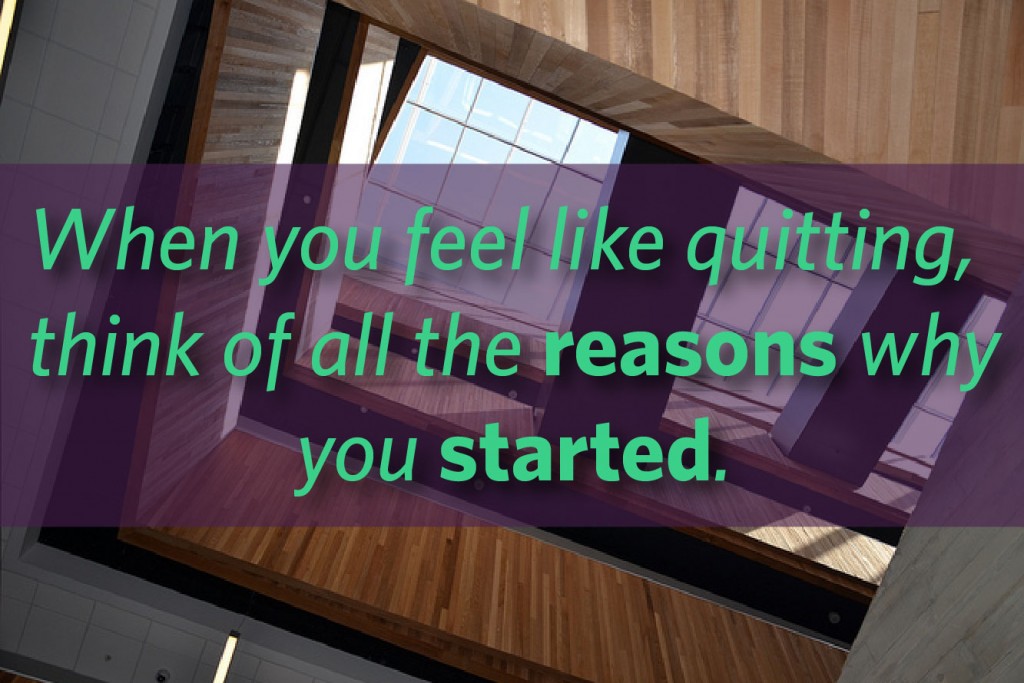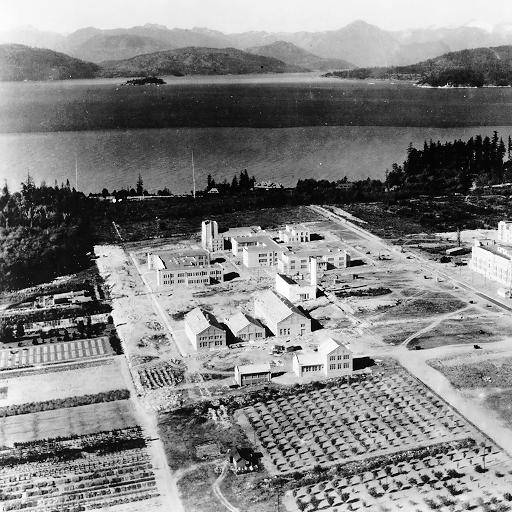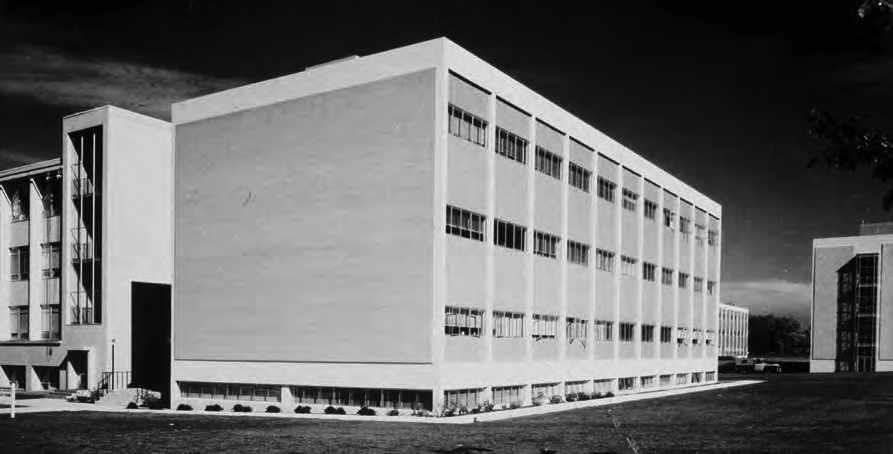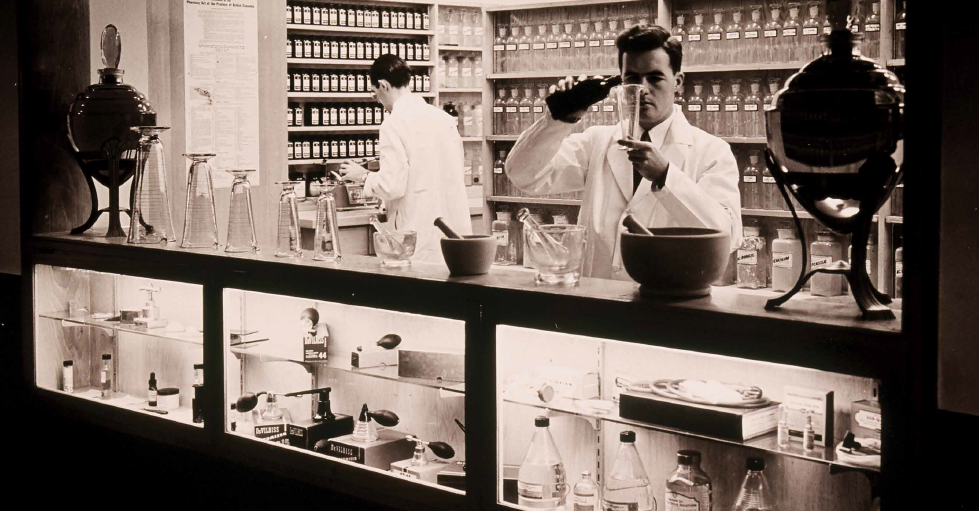
Are you contemplating a career in Pharmacy, but think that a degree in Pharmacy only has one path after graduation? Did it peak your interest when Julia talked about Pharmacy as a varied career with many different pathways? Do you have another passion that you want to integrate into your career? If so, read further and you may be surprised as to what Pharmacy could have in store for you! Here are a few different jobs you may be able to take on with a degree in Pharmacy.
1. Community Pharmacists – While this may seem like the job you are destined for with a pharmacy degree, there is more to it than meets the eye. The role of the community pharmacist is to help people manage their medication and diseases to enhance their quality of life. Through an increased scope of practice, pharmacists are now able to offer medication therapy management and other services to help support their patients in leading happy and healthy lives.
2. NASA Pharmacist – Do you have an interest in space? If the answer is yes, you could be like Tina Bayuse, who after an experiential rotation in a pharmacology lab at NASA became the organization’s first ever clinical pharmacist. From there she continued expanding the program providing medication to astronauts and their families, while helping prepare medical kits for space missions.
3. Researcher – With a passion for science and an excitement for problem solving, a researcher might be the role for you. As a researcher you will be on the front lines of pharmaceutical sciences. You will use your knowledge to look into the unknown of pharmaceuticals. This could include medication interaction, health economics, population health, toxicology and much more. Becoming a researcher requires a lot of training and discipline, but the end result is very rewarding because your discovery has the potential to positively affecting people’s lives.
4. Veterinary Pharmacist – If you have a passion for animals, with a couple of extra certifications, you’ll be able to serve as a veterinary pharmacist. In this role, you’ll be helping veterinarians figure out the right medication, dosage and delivery method for a variety of animals suffering from a range of health conditions. Since most veterinary programs offer two courses on pharmacology, the knowledge that pharmacists contribute is highly valued.
5. Medical Writer – Are you interested in the science of pharmacology and the art of writing? Becoming a medical writer might allow you to pursue both of those passions without much compromise. The career is quite varied and could include journalistic, technical or even creative writing depending on which position you are in. By applying your writing abilities to your medical knowledge you will help communicate scientific ideas in a variety of forms.
As you can see, a degree in Pharmacy does not only lead to one career path. Instead there are many different paths you are able to pursue, allowing you to combine your other passions into a job that is interests you!
– Ivan Yastrebov, Communications and Marketing, UBC PharmSci

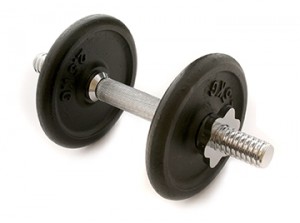
 Follow
Follow

